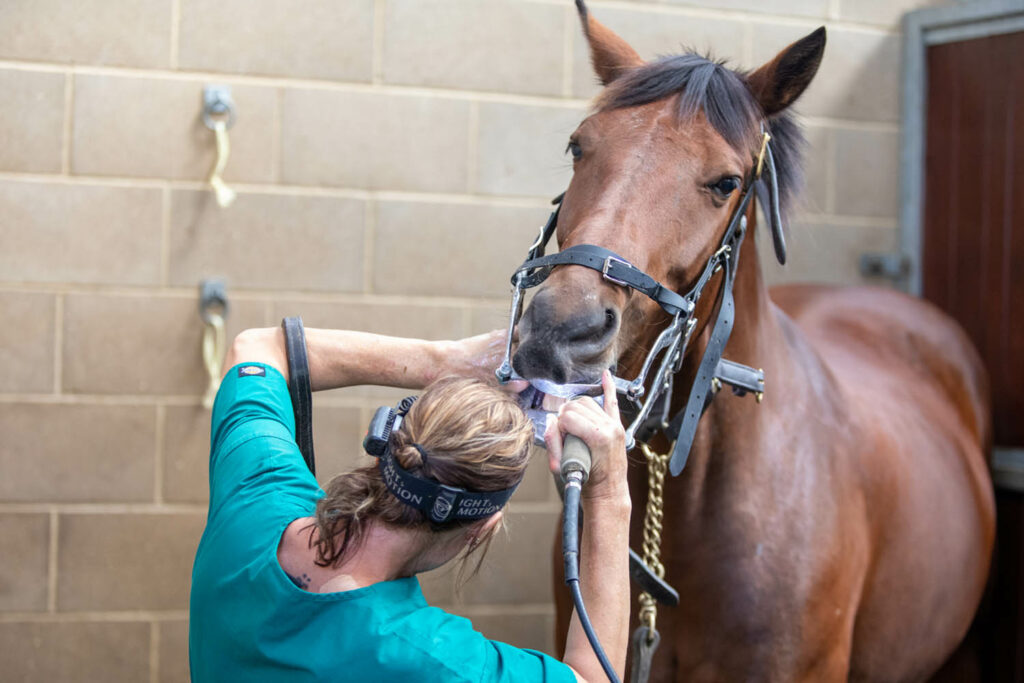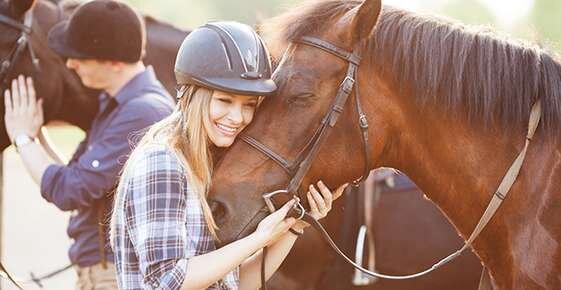As horses gracefully age, their needs and requirements evolve significantly. Ensuring the quality of life for older horses is crucial for their well-being and longevity. Older horses, much like humans, face unique challenges that require special attention and care. In this article, we’ll explore various aspects of maintaining and enhancing the quality of life for our senior equine companions.

Understanding Aging in Horses
Before diving into specific care strategies, it’s essential to understand the aging process in horses. Typically, horses are considered seniors when they reach the age of 15 and above. At this stage, they may experience physical and metabolic changes that affect their overall health. Recognizing these changes early on can help in providing appropriate care.
Physical Changes
One of the most noticeable changes in aging horses is a decline in physical condition. Muscle mass may decrease, and joint stiffness can become more apparent. Regular veterinary check-ups can help monitor these changes and provide guidance on maintaining your horse’s physical health.
Metabolic Changes
Older horses often face metabolic changes that can lead to weight gain or loss. Maintaining a balanced diet tailored to their specific needs can alleviate these issues. Consult with a veterinarian to create a nutrition plan that supports your horse’s health.
Nutrition for Senior Horses
A well-balanced diet is fundamental to ensuring the quality of life for older horses. Senior horses may require special feeds that are easier to chew and digest. Consider incorporating high-quality forage, such as hay, and supplementing with senior-specific grains.
Supplements
Supplements can play a vital role in supporting the health of senior horses. Joint supplements containing glucosamine and chondroitin can help alleviate discomfort from arthritis. Additionally, omega-3 fatty acids can promote a healthy coat and skin.
Exercise and Mobility
Regular exercise is essential for maintaining mobility and preventing obesity in older horses. Tailor the exercise routine to your horse’s individual needs, considering any physical limitations they may have. For more detailed exercise tips, check out exercise tips for older horses.
Joint Care
Joint care is paramount for senior horses. Providing joint supplements and ensuring a comfortable living environment with proper bedding can make a significant difference. For recommendations on bedding, visit bedding for senior horses.
Dental Care
Dental health often declines as horses age. Regular dental check-ups can prevent issues such as difficulty chewing and weight loss. Ensure your horse’s teeth are in good condition to maximize their ability to consume food effectively.
Hydration and Water Access
Hydration is vital for all horses, but it becomes even more critical as they age. Ensure fresh, clean water is always accessible. Consider adding electrolytes to their diet, especially during hot weather. For more on keeping senior horses hydrated, visit hydration tips.
Environmental Considerations
The living environment plays a crucial role in the quality of life for older horses. Ensure they have access to shelter and comfortable bedding. Pasture management is equally important, and you can learn more about it at pasture management tips.
Temperature Regulation
Older horses are often more sensitive to temperature fluctuations. Provide appropriate blankets during colder months and ensure adequate ventilation during hotter periods.
Monitoring Health and Wellness
Regular veterinary check-ups are essential to monitor your horse’s overall health. Early detection of age-related issues can lead to more effective treatments and interventions.
Emotional Well-being
Maintaining a strong bond and providing companionship is vital for the emotional well-being of older horses. Spend quality time with them, and if possible, provide social interactions with other horses.
Socialization
Socialization can significantly impact the mental health of senior horses. Ensure they have opportunities to interact with other horses, as this can reduce stress and promote a positive outlook.

FAQs
How can I improve the quality of life for my senior horse?
Improving the quality of life for older horses involves a combination of proper nutrition, regular exercise, dental care, and monitoring their overall health. Providing a comfortable living environment and socialization opportunities can also enhance their well-being.
What dietary changes should I consider for my aging horse?
Consider feeding senior-specific grains and high-quality forage. Supplements such as joint support and omega-3 fatty acids can also be beneficial. Consult with a veterinarian to create a tailored nutrition plan.
Why is dental care important for older horses?
Dental care is crucial because it ensures your horse can chew their food effectively, preventing weight loss and digestive issues. Regular dental check-ups can detect and address any problems early on.
For more detailed insights on caring for older horses, you can visit this guide on caring for older horses. Ensuring the quality of life for older horses is a rewarding journey that requires dedication and love. By understanding their unique needs and providing the best possible care, we can help our senior equine companions enjoy their golden years to the fullest.
This article contains affiliate links. We may earn a commission at no extra cost to you.
